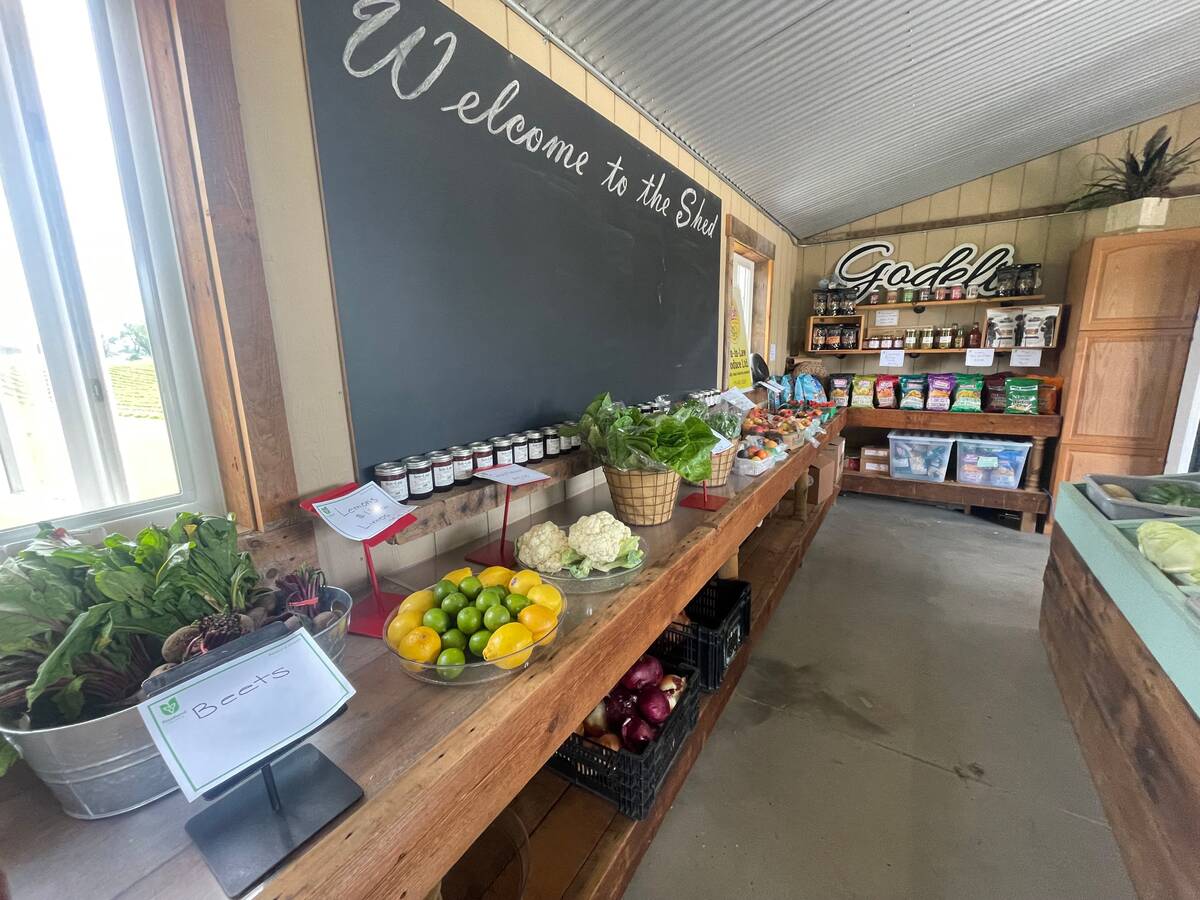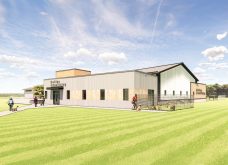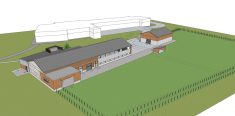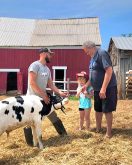When June Matthews joined the faculty of Brescia University College and looked at the courses taught to dietitian students, and also the information they had to know to quality as professionals, there was one thing missing — any reference to agriculture.
For professionals who would be making recommendations to Canadian citizens on the value of different foods, the lack of any teaching on production practices of that food was surprising.
Why it matters: Dietitians are often the front line to consumers on diet-related questions. They can be an important provider of perspective to consumers about what happens on farms.
Read Also

Ontario farms are a small business backbone but red tape delays and obstacles hinder growth
Farms are part of Ontario’s small business backbone, whether Ontario-grown livestock, grains or horticulture foods and farm products are bought on-farm, at a local market, or at the local store.
“It didn’t seem right to me, not just because I grew up on a farm, but because students were asking for it,” said Matthews at the AgScape annual meeting. AgScape (formerly Ontario Agri-Food Education) is an organization dedicated to educating school-aged children and teachers about food.
Graduates of dietetic schools are being asked questions about hormones and pesticides, antibiotics, GMOs, gas from cows and climate change, she says. The reaction of the dietitians is like a deer in headlights.
“It’s not their fault,” she says, because they aren’t being taught about those issues.
Matthews tried to fit agriculture in a home economics course at the college, part of Western University in London, but it wasn’t as detailed as she wanted in that broader course.
Her persistence resulted in an elective course taught in 2018. In the future, the course on agriculture and food systems will be mandatory.
A meeting with former AgScape executive director Colleen Smith supplied Matthews with the resources she needed to run the course.
The students are required to go through many of the AgScape online learning modules and write two-page summaries of what they have learned.
Matthews also focused on providing the students with first-hand learning from farmers and farm organizations.
Teresa Van Raay and her son Phillip, hog farmers from Dashwood, dairy farmer Andrew Campbell from Glencoe and a dietitian from Grain Farmers of Ontario were some of the 17 guest speakers who visited the class.
The students also had to interview a farmer for one of their projects.
Matthews says she emphasized respectful conversation as “some students come in with extreme views. We get them from high schools and they are a little bit brainwashed by the time we get them.”
Matthews says the course can give them the ability to start a conversation about farming and food processing.
Dietitians have to meet certain professional standards and there are misconduct proceedings for those who don’t. It’s a professional failure if they can’t give both sides of a perspective on where food comes from and allow the consumer to make an informed choice.
Some students were so excited by the agriculture content that they are now looking into careers in agriculture.
How does Generation Z learn?
Young people age four to 24, known as Generation Z have different learning styles and technological realities than previous generations.
A panel of educators who work with people in those age groups say that there are exciting ways to reach that demographic. There were no Generation Z representatives on the panel.
Jodi Froud, experiential learning co-ordinator for Kindergarten to Grade 12 for the Avon Maitland District School Board, says Gen Z students look for a personal connection to what they are learning and that there’s more focus when that connection is there. Other information they can find on the internet when needed.
Nick Keller, a teacher and the lead for the agriculture specialist high skills major program at the Mitchell District High School (MDHS), says that Gen Z children “want to feel and touch something, get out of the classroom and experience industry sectors.”
He emphasizes that students still need direction on what they are learning and why they are learning it.
The AgScape student career competition, which was held for two age groups at MDHS, is a good example of the type of program that works for Gen Z, he said.
Judy Matthews, a professor at Brescia University College, Western University, says she finds Generation Z students appreciate personal connections to what they are learning.
“The internet is like air to them. Personal connections they don’t have.”













